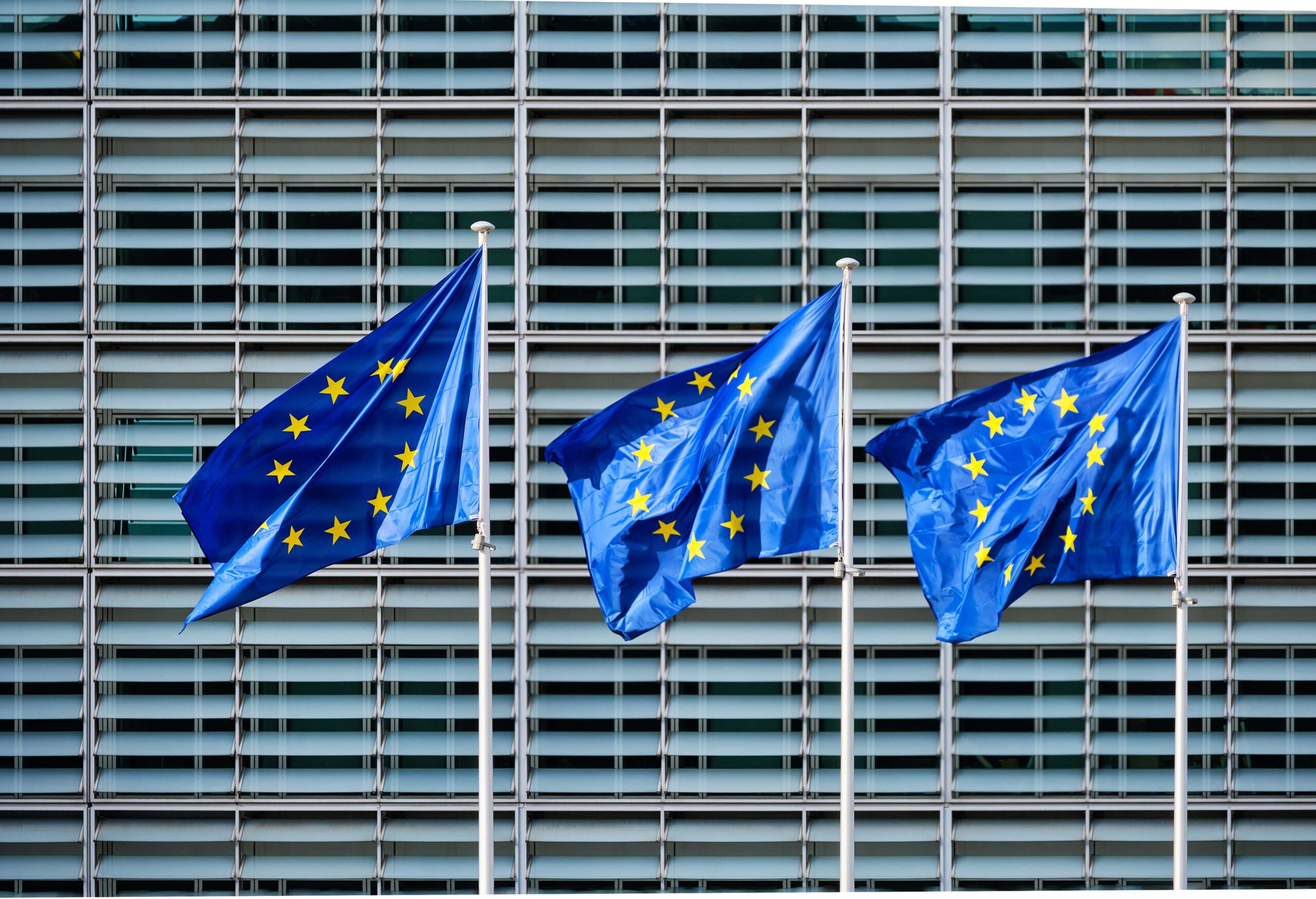Bound to oversee the proper application of the EU legislation, the EU Commission mandated the consulting firm BIPRO in 2014 to assess the implementation of hazardous waste management in EU Member States.
A first study published in 2015 concluded that most requirements of EU legislation on hazardous waste were well transposed into national legislation, but that major gaps exist on statistical data for some Member States. It was decided to launch a second study to further assess hazardous waste and PCB management in 14 selected Member States (Bulgaria, Belgium, Cyprus, Czech Republic, Germany, Spain, France, Greece, Italy, Poland, Portugal, Romania, Sweden and the United Kingdom), that has been released this week. Structured around analysis of the current situation regarding hazardous waste and PCB management in the 14 Member States, it proposes some recommendations to improve the management that have been discussed with national authorities and private and public actors during 11 seminars.
It brought out challenges regarding the implementation and enforcement of key obligations of the waste framework directive (2008/98 recently amended by 2018/851) concerning hazardous waste such as classification, labelling, permitting, mixing ban, collection, storage and treatment of hazardous waste.
Among the key recommendations, the study underlines among other:
- The importance of classification of hazardous waste as prerequisite for effective planning (having a consistent definition to capture relevant waste streams). Together with inspections, it will favor enforcement. The recently published Commission’s technical guidance on the classification of waste should help Member States with their national guidance.
- The promotion of shared responsibility – instead of delegated responsibility – so it remains with the initial producer/the first waste holder (or any downstream holders as applicable)
- Adoption of electronic record keeping and tracing systems.
Hazardous waste operators gathered in EURITS (European Union for Responsible Incineration and Treatment of Special waste) and HWE closely followed the elaboration of the study with great interest. Through our own assessment we also come to the conclusions that some infrastructures are still missing in some Member States to treat the amount of hazardous waste nationally generated. From this observation we can legitimately question if all hazardous waste streams are properly treated. This echoes European Environmental Agency who warned about the huge gap between the amount of hazardous waste produced and treated (up to 29 millions tons missing in 2014 between production and treatment).
Hazardous waste management and the topic of classification is particularly relevant with regards to ongoing discussions on the interface between chemical, product and waste legislation. As HWE, we strongly support that classification remains based on the intrinsic properties of the waste thus requesting to adopt an hazard based approach. Then, traceability throughout the whole life cycle will indeed ensure that information on waste, – notably if it contains substances of concerns – will follow the waste all along the recycling chain. Coupled with decontamination, it will ensure that substances of concern that would be present in the waste above the regulatory thresholds are extracted before the waste go back in the recycling loop.
These principles will pave the way towards a non toxic environment and two new provisions of the revised waste framework directive 2018/851 are supporting that: article 9.2 – that leaves the task to the European Chemicals Agency to establish a database for the content of hazardous substances in materials and products, and article 10.5 – that states that Member States shall take the necessary measures, before or during recovery, to remove hazardous substances, mixtures and components from hazardous waste with a view to their treatment in accordance with Articles 4 and 13.
With regards to responsibility for waste management (article 15, Directive 2008/98) we regret that the revised waste framework directive kept the delegated responsibility although it may be detrimental to the safe management of waste. We would advocate Member States to adopt the shared responsibility, as it is a powerful, free of charge solution for competent authorities to ensure the safe management of waste and reflecting the outcome the study.
We hope this study will contribute to improve the application and enforcement of key provisions to ensure better and safer management of hazardous waste within the EU and level playing fields between different EU member States and waste actors.

